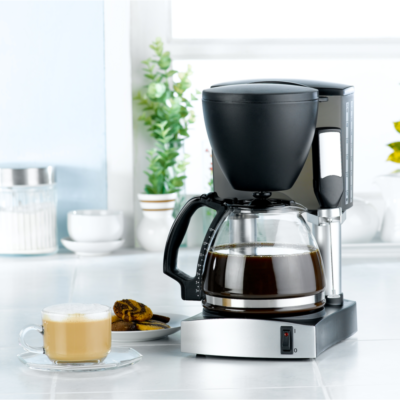
5 Smells that trigger migraine
Migraines are more than just a headache—they’re a full-blown assault on the senses. Many migraine sufferers are all too familiar with the sudden onset of symptoms that can be triggered by various factors, including certain smells. In fact, some scents can be so powerful that they send people scrambling for relief, like Excedrin migraine coated tablets. But what is it about these particular odors that can turn a good day into a migraine nightmare? Let’s dive into some common smells that are known to trigger migraines.
1. Perfumes and colognes
Fragrances are often the top culprits when it comes to migraine triggers. The complex mix of chemicals in perfumes and colognes can be overwhelming for those with sensitive olfactory systems. Even a brief encounter with a strong scent can be enough to set off a migraine. For many, the smell of perfume is inescapable, whether it’s at work, on public transportation, or even at home. It’s no wonder that this everyday luxury can quickly become a migraine sufferer’s worst enemy.
2. Cigarette smoke
Cigarette smoke is another common trigger for migraines. The combination of nicotine and other chemicals found in tobacco can cause blood vessels in the brain to constrict, leading to a migraine attack. Even secondhand smoke can be problematic, making it difficult for migraine sufferers to avoid this trigger entirely. It’s not just the physical effects of smoke that can cause issues; the lingering smell can also be a potent trigger.
3. Cleaning products
The fresh scent of a clean house is often associated with cleanliness and order, but for those prone to migraines, it can be a nightmare. Many cleaning products contain harsh chemicals that can irritate the senses and lead to a migraine. The strong, artificial fragrances added to these products to mask chemical odors can also be a problem. Opting for unscented or natural cleaning products may help reduce the risk of triggering a migraine.
4. Food odors
Certain food smells can also be migraine triggers. Foods with strong odors, such as onions, garlic, and certain spices, can be particularly troublesome. Cooking smells, especially when they linger in the air, can cause a sensory overload for those with migraine sensitivities. It’s not just about the smell itself; the anticipation of eating certain foods can also play a role in triggering a migraine.
5. Gasoline and other fumes
The smell of gasoline is another potent migraine trigger. The chemicals found in gasoline, as well as other fumes from car exhaust and industrial pollutants, can be overwhelming for those with sensitive systems. These smells can cause headaches, nausea, and dizziness, all of which can contribute to a full-blown migraine attack. Avoiding these fumes, especially in poorly ventilated areas, is crucial for managing migraine symptoms.
While it’s not always possible to avoid every potential trigger, being aware of these common culprits can help those who suffer from migraines take proactive steps to minimize their exposure. Keeping a migraine diary to track potential triggers and symptoms can also be a useful tool in managing and understanding personal migraine patterns. When a migraine does strike, having a plan in place, such as using Excedrin migraine coated tablets, can provide much-needed relief.
In conclusion, smells are an often-overlooked factor in migraine management, but they can play a significant role in triggering attacks. By identifying and avoiding these common smell triggers, migraine sufferers can reduce the frequency and severity of their migraines, leading to a better quality of life.


